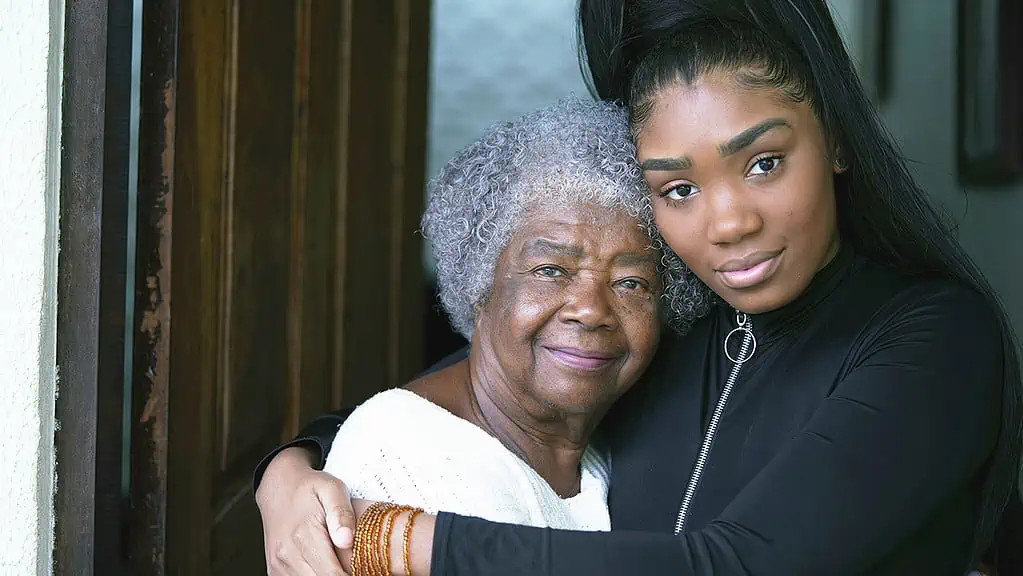
Staff Reports | Free Press Philanthropy
Mercy Care has awarded Tempe Community Action Agency a 2025 Mercy C.A.R.E.S. Community Reinvestment Grant in the amount of $78,320 to support its “Health and Housing Support for Homeless Seniors” initiative.
The program is designed to improve outcomes for aging adults experiencing homelessness by integrating healthcare access with shelter services, according to a press release.
It aims to serve 30 senior individuals and reduce emergency room visits, strengthen connections to medical care and public benefits, and support stable transitions from shelter to permanent housing, the release states.
“At TCAA, our mission is to make homelessness rare, brief and nonrecurring, especially for vulnerable populations like unhoused seniors,” said Phillip Scharf, CEO of Tempe Community Action Agency. “This initiative reflects our commitment to addressing the complex intersection of aging, homelessness and health.”
According to Mr. Scharf, connecting older adults to stable shelter, healthcare, mental health support and essential benefits can improve quality of life and reduce preventable healthcare costs.
“Seniors are the fastest-growing segment of the homeless population, and they deserve targeted, compassionate solutions that recognize their unique challenges and restore their dignity,” Mr. Scharf said.
Mercy Care, which is marking its 40th anniversary throughout 2025, partners with organizations across Arizona to advance health equity and address social risk factors. According to a press release, the organization has invested more than $38 million in community reinvestment projects that support chronic condition management, mental health and well-being, housing security and recovery from substance use.
“TCAA’s ‘Health and Housing Support for Homeless Seniors’ initiative reflects a holistic, person-centered approach to care,” said Trisha Stuart, director of community relations at Mercy Care. “By integrating healthcare, social services and housing navigation, this model helps ensure that vulnerable seniors receive the coordinated care they need to live healthier, more secure lives.”



























